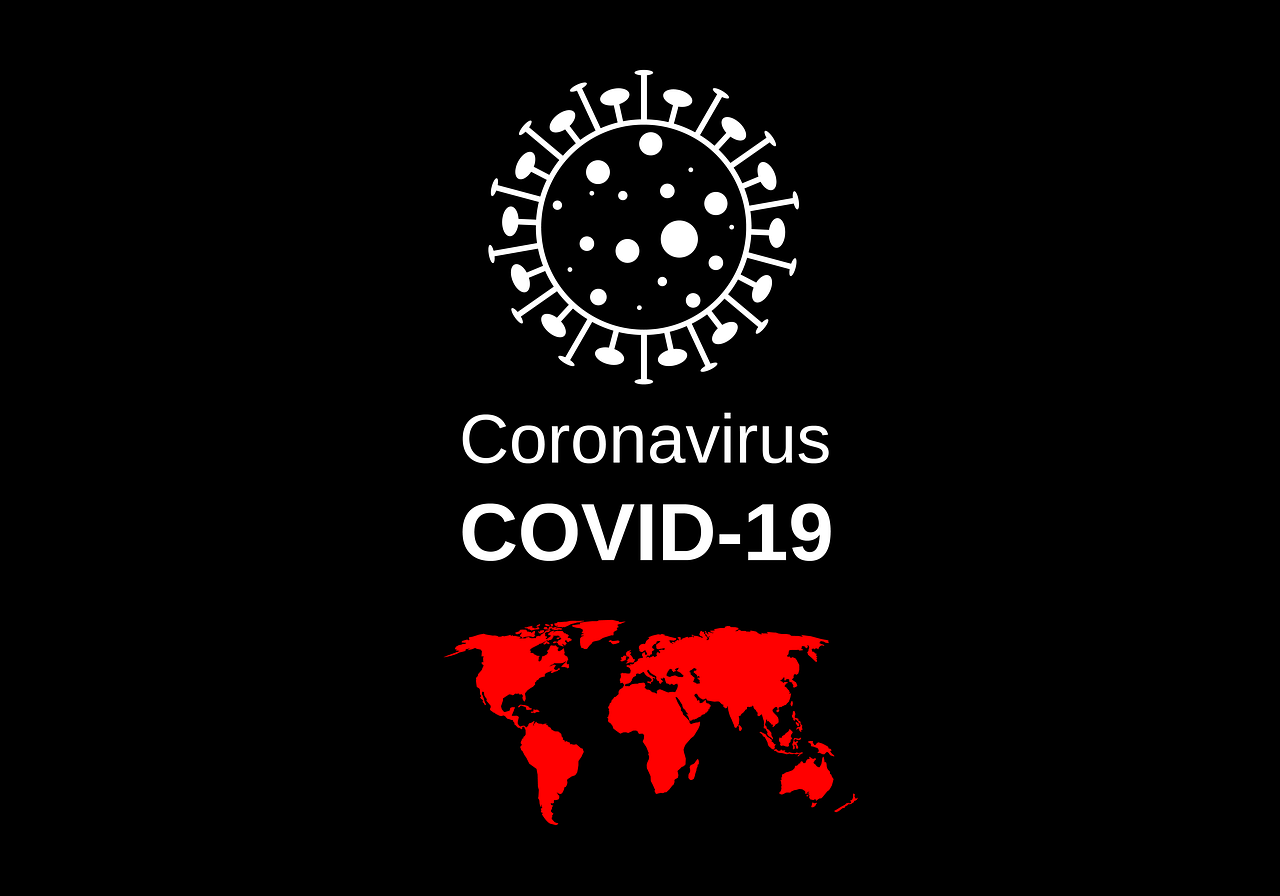More than six months later, the coronavirus is still spreading around the world. In the United States, where the economy is slowly resuming normalcy, infection rates in some states have risen to pre-lockdown levels. We’re learning new information about the virus at a breakneck pace, but don’t let the volume scare you into worrying about your own or your loved ones’ health. “The mantra is ‘Keep calm and carry on,'” said Dr Marguerite Neill, an infectious disease specialist at Brown University.
The following is a list of frequently asked questions about the coronavirus outbreak and its symptoms.
What warning signs should I look for?
According to the Centers for Disease Control and Prevention, common signs of Covid-19, a coronavirus-caused disease, include fever, a dry cough, fatigue, chills, muscle pain, sore throat, headache, Shortness of breath, difficulty breathing, and loss of taste or smell
In addition, lung lesions and pneumonia can result from the illness. Some of these signs of covid overlap with flu symptoms, making diagnosis difficult, but runny noses and stuffy sinuses are less common.
Patients may also experience gastrointestinal issues or diarrhoea; we are still learning about different symptoms over time.
The majority of people become ill five to seven days after being exposed, but symptoms can appear as early as two days and as late as 14 days.
In some cases, people who appeared to be stable deteriorated rapidly in the second week; anyone infected requires close monitoring.
According to the C.D.C, if you are otherwise healthy, the following signs of covid should prompt you to seek emergency treatment.
- Breathing difficulties
- Chest pain or pressure that persists
- Uncertainty or inability to arouse
- Lips or face that is flushed
- Any other severe or concerning symptom
What should I do if I become ill?
Staying at home, except to seek medical attention, is the first step you can take to help protect your loved ones and your community.
In general, the C.D.C. advises you to contact a medical professional if you notice symptoms or suspect you have come into contact with someone who has been exposed.
Unless you have severe symptoms, do not go to the emergency room. Though hospitals in the states hardest hit early in the pandemic are no longer overwhelmed, other states see an increase in hospitalizations. Hence, it’s best to call your doctor before going in.
What if one of my family members becomes ill?
If you suspect that someone in your household is infected, follow the same steps outlined above.
The coronavirus has largely spared children, and most of those who have been confirmed to be infected have only mild symptoms.
However, doctors in Europe and the United States reported a concerning trend in May: some children are becoming seriously ill, with symptoms including inflammation of the skin, eyes, blood vessels, and heart.
Parents of children who exhibit these or other Covid-19-related symptoms should take them to a paediatrician rather than dismissing a rash, fever, or abdominal pain as a sign of a typical childhood illness.
How does this compare to catching the flu?
The coronavirus appears to be more dangerous and contagious than seasonal flu. Early estimates of the coronavirus death rate in Wuhan, China, where the outbreak began, have been around 2%, while seasonal flu kills about 0.1 per cent of those who become infected.
However, children appear to be more vulnerable to the flu.The 1918 flu, on the other hand, had an unusually high fatality rate of more than 2%. In addition, the flu killed tens of millions of people because it was so contagious.
What is the virus’s mode of transmission?
According to the C.D.C The coronavirus is thought to spread primarily from person to person, typically through droplets when an infected person sneezes, coughs, or speaks at close range even if that person is not showing symptoms.
It can also spread through contaminated surfaces, though the Centers for Disease Control and Prevention has stated that this is not thought to be its primary transmission mode.
Even so, if an infected person coughs and a droplet lands on a surface, anyone who comes into contact with that surface may become ill. It makes no difference whether a surface appears dirty or clean.
Why do some people get very sick while the majority do not?
Approximately eighty percent of those infected with the new coronavirus have only mild or no symptoms. However, about 20% of people become more seriously ill, and around 2% of patients in China die due to the disease.
Final Thought
It isn’t easy. We don’t know whether or not antibodies provide long-term protection against reinfection.
According to a new study, antibodies may only last two to three months, especially in people with no signs of covid while infected.
The conclusion does not necessarily imply that these people can become infected again.











